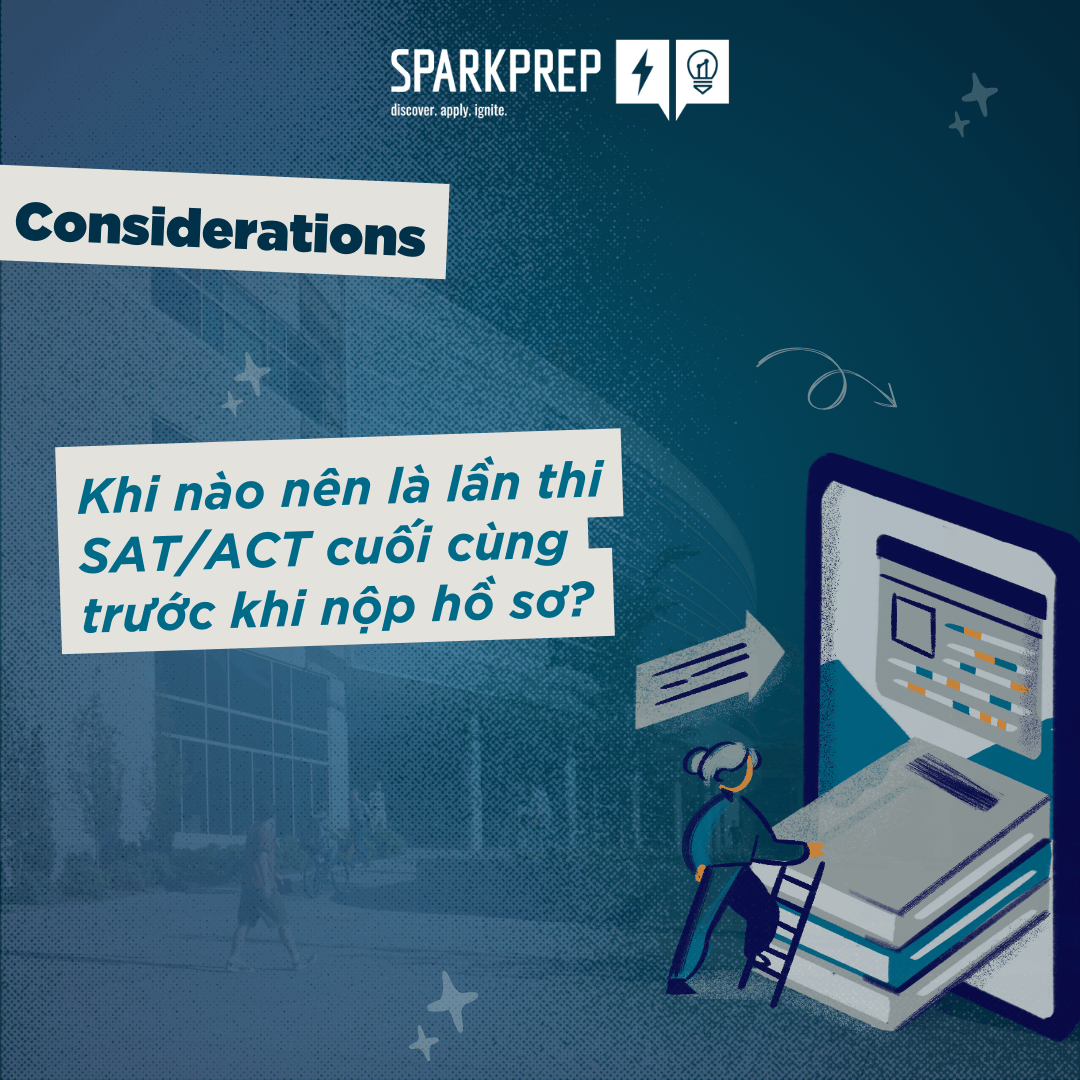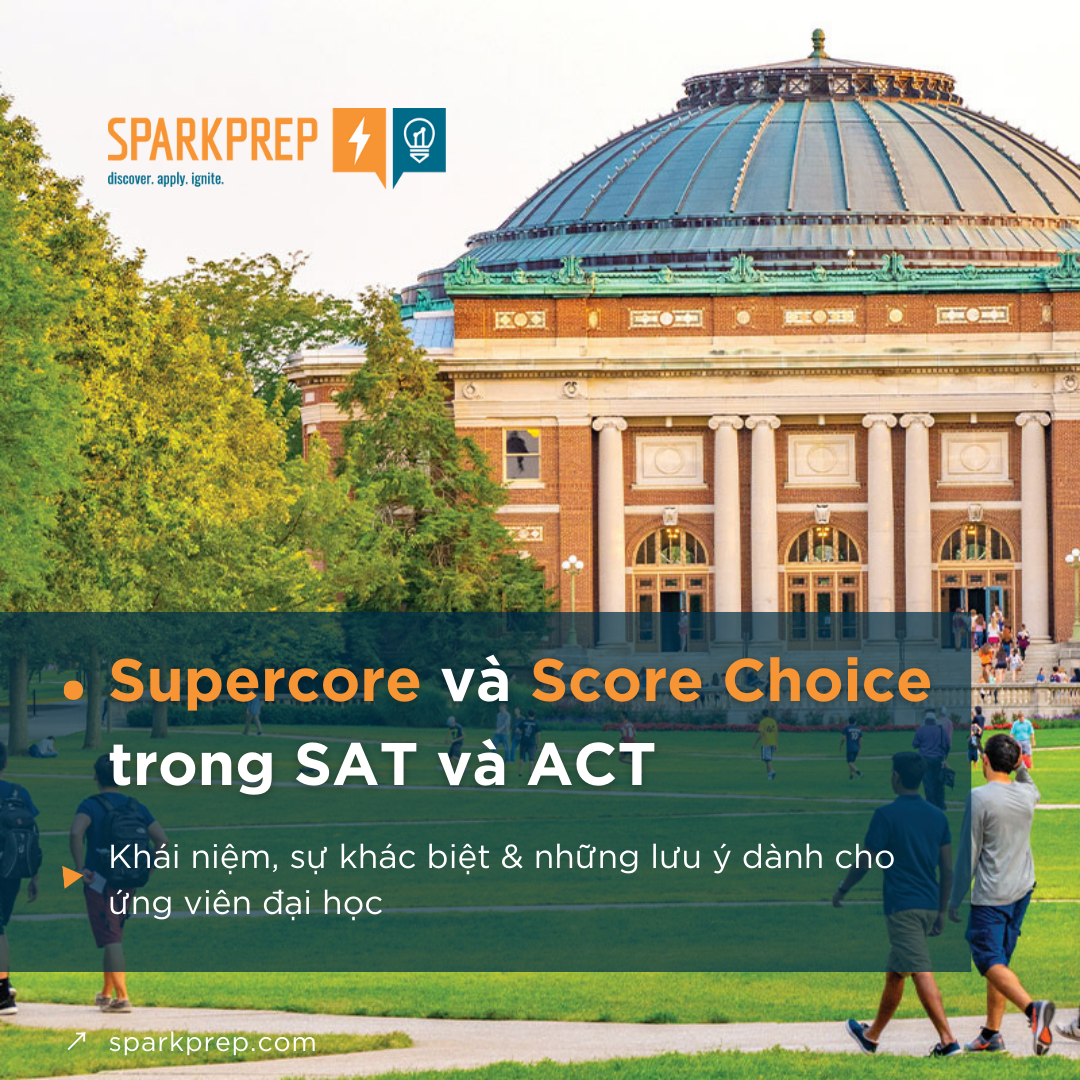In recent years, the landscape of college admissions has undergone a significant transformation. The emergence of test-optional policies has raised critical questions and sparked debates about how universities evaluate prospective students. In this article, we will delve into the world of test-optional policies and explore their implications for the college admissions process.
Test-optional policies, as the name suggests, allow college applicants to choose whether they want to submit standardized test scores as part of their application. Traditionally, standardized tests like the SAT and ACT played a central role in the admissions process. The shift to test-optional policies has been motivated by various factors, including concerns about equity, the ability of standardized tests to predict college success, and the impact of the COVID-19 pandemic on test availability.

The shift towards test-optional admissions is
a reflection of a broader shift in the values and priorities of higher education
In conclusion, the shift towards test-optional admissions isn't just a temporary response to a crisis but a reflection of a broader shift in the values and priorities of higher education. As colleges continue to assess the impact of these policies, they may opt for more flexible admissions criteria that better align with their missions and the changing needs of students.
While standardized testing won't disappear entirely, its role in the admissions process is evolving, shaping a future that promises a more equitable and inclusive higher education landscape. Whether you’re considering taking a standardized test or not, Spark Prep is here to help you find the right direction to move forward with your holistic college applications.
Book a consultation with us today to learn about unique admissions coaching programs (included and excluded test prep options) that fit your needs and goals most.
[Read more: SAT/SAT Test Prep - Getting Into Your Top-Choice College
3 Signs You're Ready for the ACT or SAT
13 Test Prep Tips for SAT/ACT Takers
Understand the SAT and ACT exams and tips for effective test preparation]
 When Should You Take the SAT/ACT for U.S. College Applications?
When Should You Take the SAT/ACT for U.S. College Applications?
Clear guidance on the last recommended SAT/ACT test dates for U.S. college applications, with tips for EA/ED deadlines, test planning, and strategic insights to avoid missing key requirements.
Read more Leverage SAT/ACT Scores as Your Hidden Admissions Advantage
Leverage SAT/ACT Scores as Your Hidden Admissions Advantage
Still debating whether to submit SAT/ACT scores in a test-optional era? Discover when these exams can strategically boost your application.
Read more A List of Testing Policies by College in U.S
A List of Testing Policies by College in U.S
Explore the latest testing policies of over 1,900 U.S. colleges, including test-optional and test-required schools, to stay informed for the next college application cycle.
Read more SAT and ACT Superscore and Score Choice: What's the Difference?
SAT and ACT Superscore and Score Choice: What's the Difference?
Superscore or score choice? Discover their difference and learn how to calculate your SAT or ACT superscore and decide which scores to send with your college applications.
Read more Digital SAT vs. Paper SAT: Key Differences
Digital SAT vs. Paper SAT: Key Differences
The digital SAT differs from the traditional SAT in terms of length, section breakdown, time given per question, and security. Let's find out!
Read moreHanoi: 4th floor, 102-104 Lang Ha, Dong Da District
HCM: Toong Tan Hung, F16 Street No. 10 Him Lam Urban Area, Tan Hung Ward, District 7